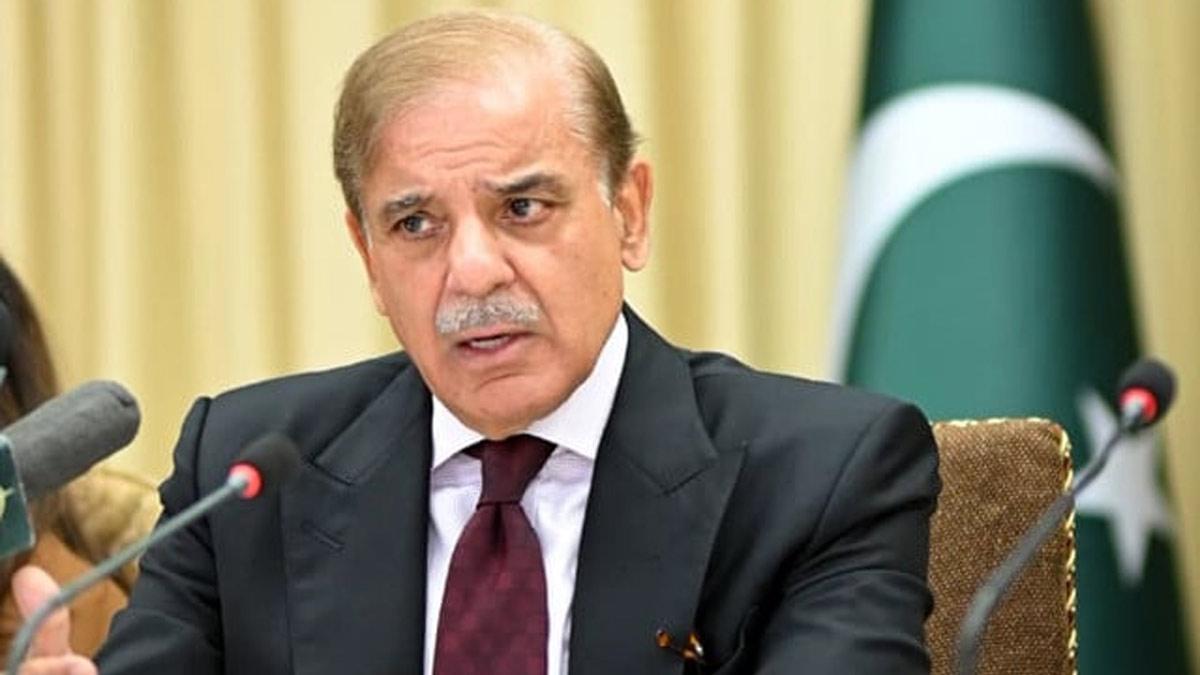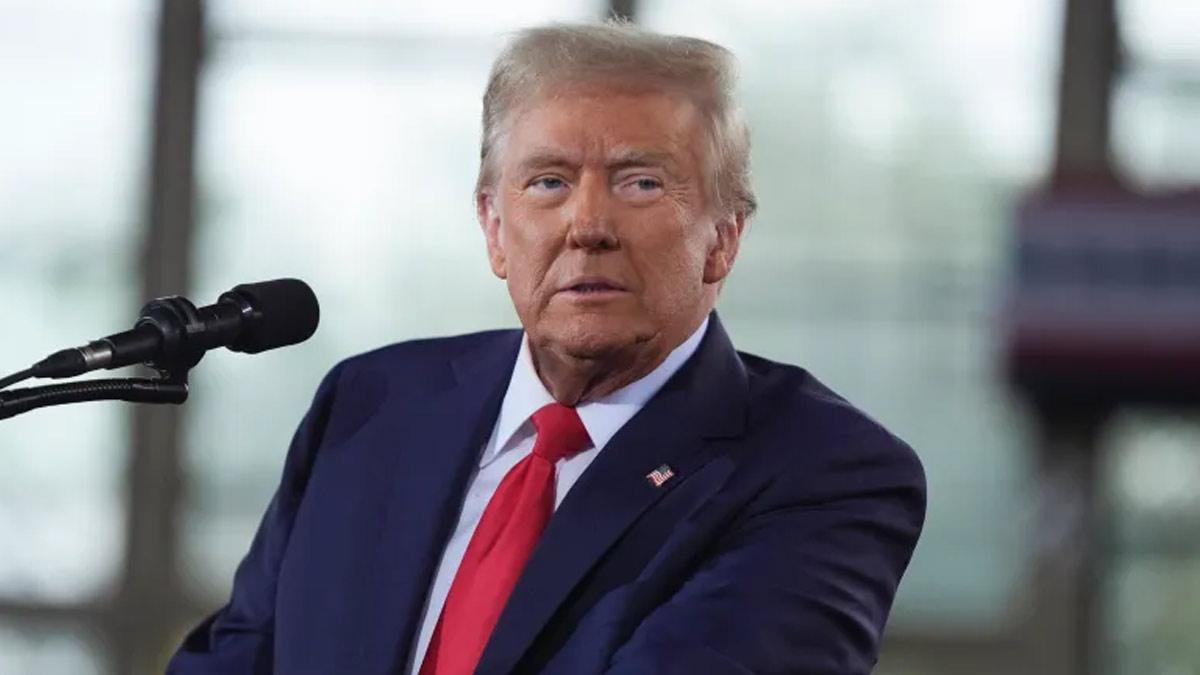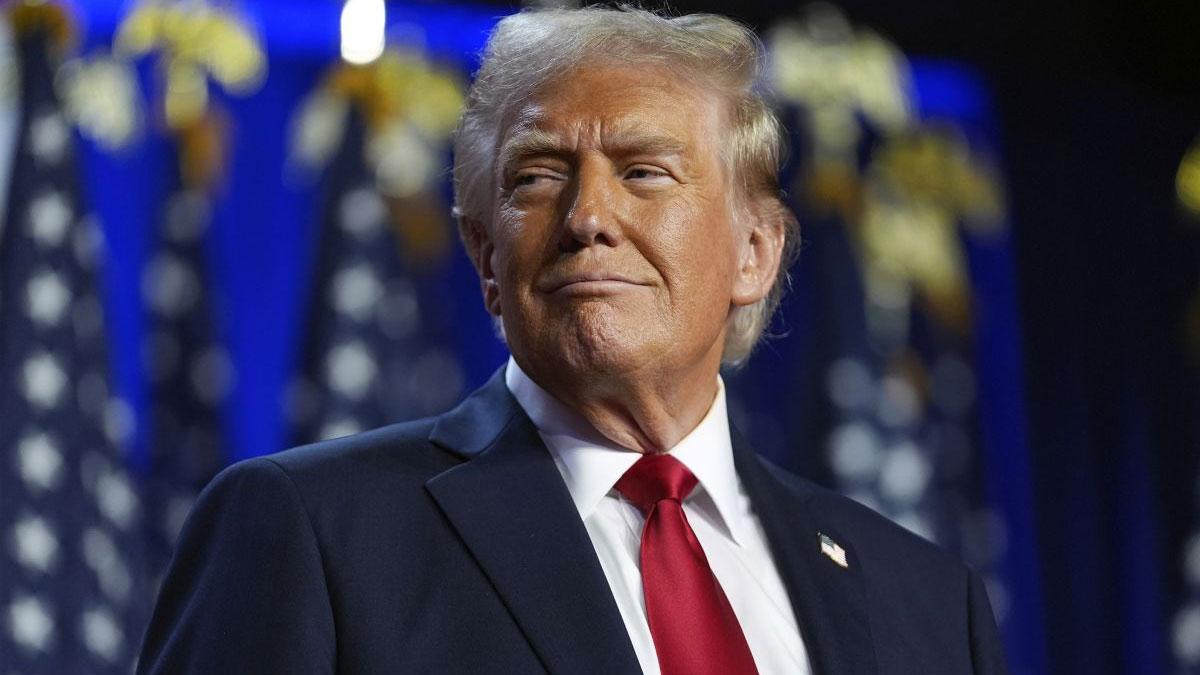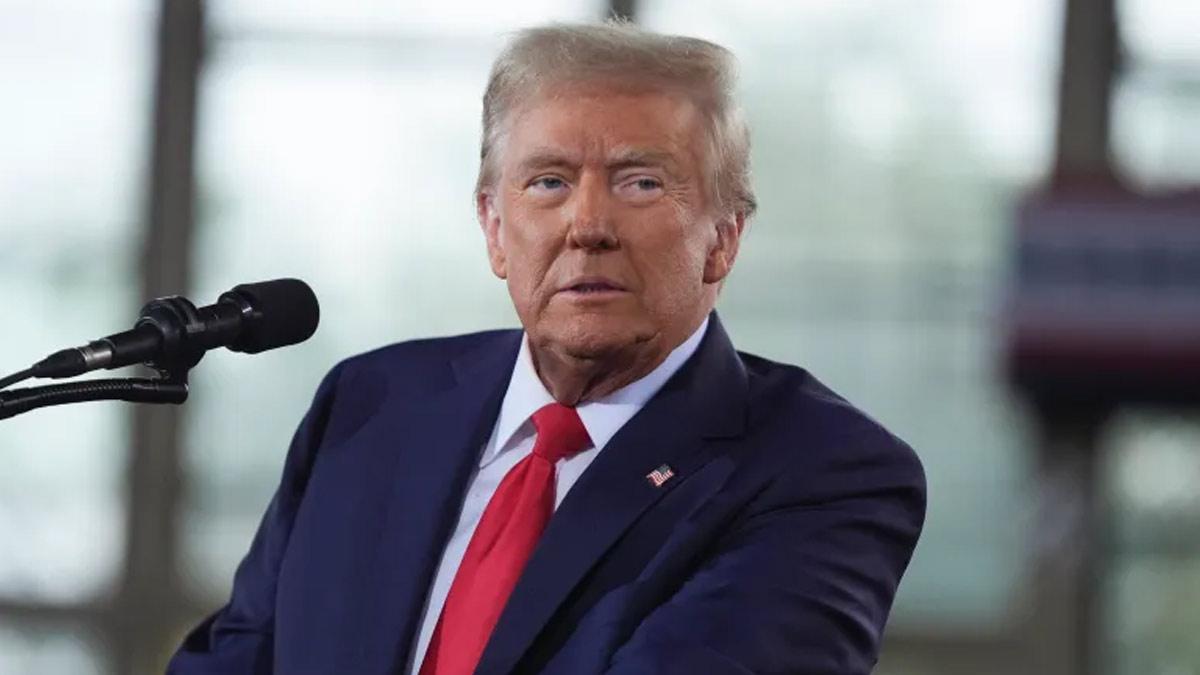In a speech to Quetta-based military officers, Pakistan Prime Minister Shehbaz Sharif highlighted Islamabad's new direction in foreign affairs, pointing out consolidated relationships with major allies such as China, Saudi Arabia, the UAE, Azerbaijan, and Turkey.
He highlighted that these countries no longer demand Pakistan to look for assistance but instead participate in meaningful economic and development partnerships.
Our friends don't want to see Pakistan knocking at their doors in a begging bowl," Sharif claimed. "They want us to do the trade, innovation, education, and investment to our mutual advantage.
Sharif mentioned Chief of Army Staff General Syed Asim Munir in his address, saying that he and Munir were committed to no longer carrying the economic burden in its existing avatar. "We have to utilize our God-gifted natural and human resources productively for lucrative endeavors," he continued, sounding optimistic even though the nation continues to grapple with financial issues.
Pakistan, which has been given 25 bailout packages from the International Monetary Fund (IMF) since 1958, is now negotiating a new $2.3 billion loan. The proposal has been strongly opposed by India, which has complained about possible abuse of funds to finance cross-border militancy.
Sharif reconfirmed Islamabad's diplomatic agenda: "China is our most tried-and-tested friend. Saudi Arabia is a reliable and credible ally, and so is Turkey, Qatar, and the UAE."
Recognizing Operation Sindoor Aftermath
In a frank confession, Prime Minister Sharif admitted the severity of damage inflicted by Indian missile attacks during the recent Operation Sindoor. Addressing a gathering in Baku, Azerbaijan, Sharif stated that on the night of May 9-10, Pakistan was getting ready to offer a measured military response, but prior to any action being initiated, Indian troops mounted a new wave of attacks with BrahMos missiles.
"These attacks hit several areas, including Rawalpindi airport," he disclosed, noting that Pakistan's defenses were taken by surprise.".
This is the second time that the Pakistani prime minister has commented frankly on the success of India's military strike. Sharif last month revealed that Indian missiles struck key infrastructure, including the Nur Khan Airbase, in the pre-dawn hours of May 10. He remembered getting the 2:30 AM call from General Munir informing him of the attack.
Allies' Military Support and Ceasefire
Sharif also admitted that Pakistan had received support from Turkey and Azerbaijan during the fighting, mentioning particularly their help during Operation Sindoor. The fighting ceased with a May 10 ceasefire agreement.
Read also| Trump Ends 'Mr. Nice Guy' Approach, Accuses China of Violating Trade Agreement


















